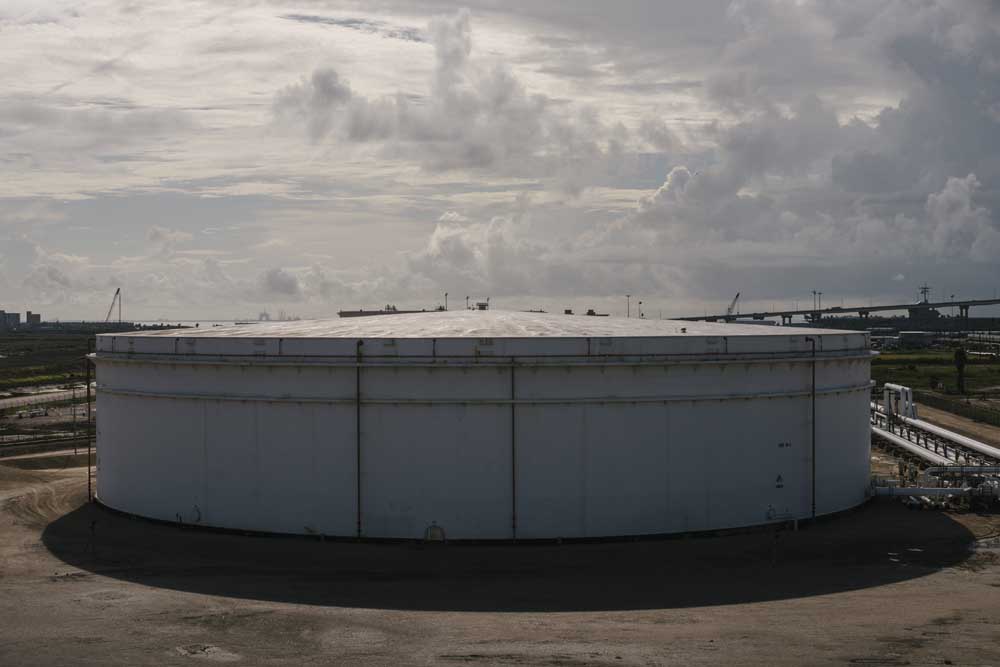Editorial: State reins in Portland fossil-fuel overreach
Published 11:56 pm Sunday, July 23, 2017

- An oil storage tank. (Brandon Thibodeaux/The New York Times)
The Oregon Land Use Board of Appeals has overturned a Portland ordinance, adopted in December 2016, that severely restricted expansion of the city’s fossil fuels shipping terminals.
LUBA did so, it said, because the limits violate the Constitution’s commerce clause, which leaves regulation of international and interstate commerce to the federal government.
While the decision almost certainly will be appealed, the reasoning within it should give pause to communities hoping to adopt similar restrictions.
A community, or state, for that matter, may not use the law in an attempt to isolate itself from something like global warming, the opinion said.
Yet, that was why the ordinance was adopted. Pembina Pipeline Corp., a Canadian business, had sought zoning changes that would allow it to build a shipping terminal at the Port of Portland to export propane overseas. Forbidding it to build in Portland would, opponents said, be a strike against global warming.
LUBA thought otherwise. The decision noted that while the city adopted the ordinance to fight climate change by preventing the shipping of propane out of the United States, it failed to cite any statistics that showed how the action would do so.
Its hope that a local decision would have an international impact on global warming was not borne out by evidence.
Rather, LUBA said, the ordinance represents “the city’s attempt to isolate itself to some extent from the national and international economy in fossil fuel.”
While the LUBA decision may be overturned, it contains an important message for city councils and county commissions in Oregon. Wanting to do our part to slow global warming is no doubt a noble impulse.
But ordinances that merely say that is their goal don’t mean much. Portland, LUBA pointed out, made no attempt to reduce local or regional demand for fossil fuels with its ordinance. It included no restrictions on cars or backyard barbecues or gas-powered lawnmowers, all of which, presumably, would go on polluting as before.
Until a local agency can demonstrate its action will slow climate change, even a bit, it should leave the holier-than-thou ordinances like Portland’s freight shipping ban.






